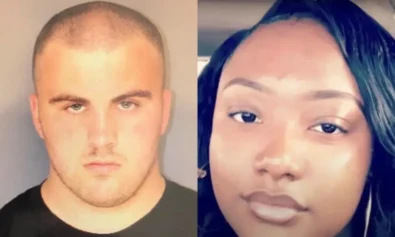The status quo of Black professionals being underrepresented in the medical field is beginning to shift. In the past year, medical schools across the country reported an unprecedented 21 percent increase in the number of Black first-year student enrollment.
There are currently 155 doctor of medicine-accredited medical schools in the US, four of which are historically Black medical programs: Morehouse School of Medicine, Meharry Medical College, Howard University School of Medicine and Charles R. Drew University of Medicine and Science.

With only five percent of doctors identifying as Black, the sudden increase of students makes way for hope that health-care disparities that long have existed between Blacks and whites will decrease.
“We have never seen such an increase within a short amount of time,” said Norma Poll-Hunter, who leads workforce diversity efforts at the Association of American Medical Colleges. Poll-Hunter and her industry colleagues believe the influx of students is tethered to the nation’s reckoning with racial tensions and the coronavirus pandemic, which has ravished Black and brown communities.
“I think we can look at our society and what’s happening on the news day-to-day in terms of not only the COVID-19 crisis and how it’s disproportionately impacting our communities of color, but also thinking about the recent social protests and really greater awareness around anti-racism and the importance of really looking at systems change, and that’s true for medicine as well,” Poll-Hunter told NBC.
Also working in conjunction with the social and health climate is an active approach by medical schools to remove barriers that have historically swayed Black students from seeking entry into the field.
With the average medical student accruing more than $200,000 in educational debt, providing more need-based scholarships has been a major push along with recruiters re-evaluating hopeful students by more than just medical college admissions test or MCAT scores.
By making a wider path for more Black medical professionals Poll-Hunter suggested, as previous previous research has revealed, patients of color will be more likely to have positive health outcomes when seeking care from a physician of color.
“It is gratifying to see this growth in the diversity and number of students interested in a career in medicine, particularly during such a unique time in history as a result of the global pandemic and the growing recognition of the effects of health disparities in our country,” said David J. Skorton, M.D., AAMC president and CEO.
While significant, diversity in the medical field is not limited to patient caretakers. Last November, the National Institutes of Health announced Tuskegee University, a Historically Black College and University, was among a select number of schools awarded millions in grant money to pool together and train future biomedical researchers.
More news from our partners:


